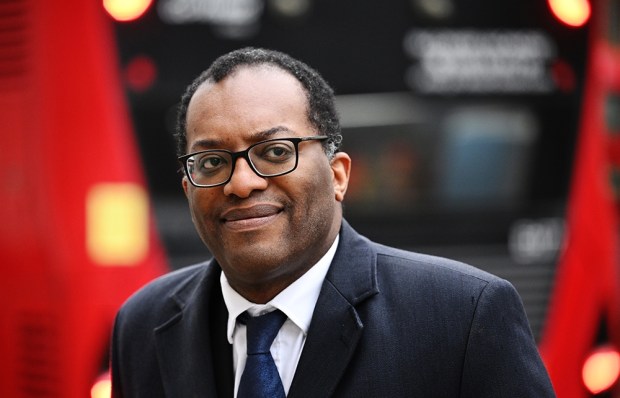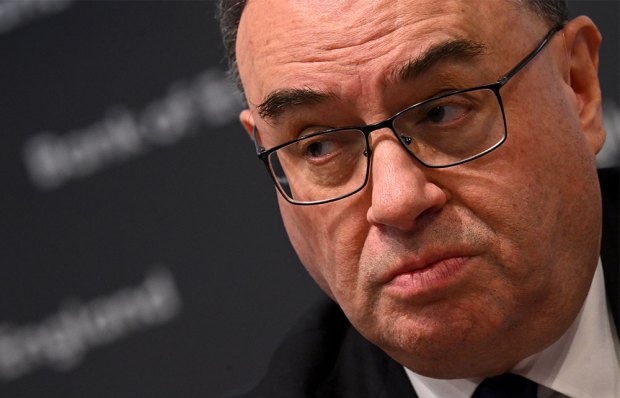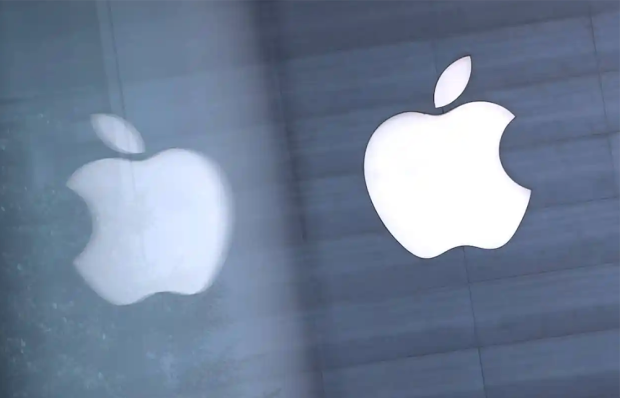The scrapping of most of the eastern leg of HS2, originally planned from Birmingham to Leeds, is a news item that’s been waiting like a crowded train stuck at a vandalised signal while ministers squabbled over which cheaper substitutes might appease competing pockets of ‘red wall’ voters. Likewise the ‘Northern Power-house’ high-speed line from Manchester to Leeds, which is set to be replaced by a few more trains running a bit quicker on the existing scenic route. None of this merits the title ‘Integrated Rail Plan’ which it will carry when formally announced by Transport Secretary Grant Shapps, rather than leaked in snippets. But ‘Cynical Rail Compromise’ wouldn’t have quite the same ring.
And given that the first aspirational high-speed national rail map of which so little survives was probably doomed as soon as it was mooted over a decade ago, we should be grateful for piecemeal upgrades that might actually be completed in our lifetimes.
We should also remind the secretary of state of the wisdom of this column’s veteran railway adviser I.K. Gricer: ‘Finish what you’ve started.’ That applies particularly to the electrification of the Midland main line, which we’re told will take passengers onwards from HS2’s East Midland Parkway terminus to Sheffield, where one day they’ll be able to pick up a new fast link to Leeds. That counts as ‘levelling up’ only in the sense that it will disappoint equally across a swath of Middle England.
But at least it will give new purpose to East Midlands Parkway, a desolate folly from an earlier era at which I regularly find myself the only customer. Its adjacent coal-fired Ratcliffe-on-Soar power station, also surely doomed, might convert to an avant-garde stopover hotel for passengers awaiting the next ministerial masterplan.
Welcome Shell
The decision of energy giant Shell to move its headquarters and tax residence to the UK, unscrambling its historic Anglo-Dutch dual share structure and even dropping the prefix ‘Royal Dutch’ from its name, may not be quite the ‘clear vote of confidence in the UK economy’ that Business Secretary Kwasi Kwarteng claimed it to be. But it’s certainly a boost for London.
Shell’s decision — 114 years after its founding international merger — is driven in part by the urge to escape a 15 per cent Dutch withholding tax on dividend payments. By merging its Dutch ‘A’ shares and UK ‘B’ shares into a single class, the company will also have more scope for share buybacks, enabling it to offer higher returns to investors as it pivots away from oil and gas towards cleaner energy.
It may also hope to encounter less protest and bossiness here than in the greener Netherlands, where it is currently appealing against an order from a court in The Hague to meet a 45 per cent reduction in carbon emissions by 2030. But chiefly what the move emphasises is the fact that London still eclipses Amsterdam as the most important capital market on this side of the Atlantic. It echoes a decision by the other Anglo-Dutch giant, Unilever, to abandon plans to shift its headquarters from London to Rotterdam in 2018, driven largely by pressure from institutional investors who did not want Unilever’s shares to drop out of the FTSE100 index.
None of this suggests that the London Stock Exchange, whose reputation has diminished in recent years, can afford to be complacent about attracting and keeping multinational businesses. Both Frankfurt and Amsterdam have become strong challengers in the IPO market, the latter particularly so for high-tech listings.
What it does confirm, in the Shell case, is the utility of tax competitiveness. Global harmonisation of tax on corporate profits — pushed by President Biden and so far agreed by 136 countries at a minimum rate of 15 per cent — is all very well. But where we hold an advantage, such as not imposing a dividend withholding tax, let’s be sure to hang on to it.
Innovators everywhere
From Tintagel to Belfast, from Shepton Mallet to Scarborough. That was the distribution of regional finalists drawn from more than 150 entries in The Spectator Economic Innovator of the Year Awards 2021, sponsored by Charles Stanley. The scatter pattern gives new meaning to the concept of working from home — but more importantly, it confirms that entrepreneurship is alive and well in every corner of the UK.
You can read and hear more at spectator.co.uk/innovator but here’s a summary of this year’s results. As to sectors, there were fewer fintech and shopping-app entrants this year. But decarbonisation was well to the fore as the driving force of three of our five regional winners. In the Midlands, Petalite manufactures advanced equipment for electric vehicle charging. For Scotland and Northern Ireland, Renewable Parts supplies refurbished components for wind turbines. And for the west and south-west, CCm Technologies produces low-emission fertilisers from industrial waste.
As you’d expect, healthcare was prominent too — including ventures aiming to ease pressure on the NHS. One such is our Yorkshire and north-east winner, TestCard, which combines simple self-test kits with a phone app to provide rapid diagnosis of cystitis and other common conditions.
Finally for London and the south-east, we picked a business with a social purpose that’s very much of the moment as winter advances. Bankuet is a zero-waste food donation platform that supplies food banks with the stock they most need — and is also the winner of our special award for ‘excellence in ESG’ (environmental, social and governance issues).
The overall Economic Innovator of the Year — recently featured, as it happens, in the BBC radio series 39 Ways to Save the Planet — is CCm Technologies. Congratulations to all our 2021 winners. We look forward to meeting another bumper crop of entrepreneurs across the country in 2022.
Got something to add? Join the discussion and comment below.
Get 10 issues for just $10
Subscribe to The Spectator Australia today for the next 10 magazine issues, plus full online access, for just $10.
You might disagree with half of it, but you’ll enjoy reading all of it. Try your first month for free, then just $2 a week for the remainder of your first year.















Comments
Don't miss out
Join the conversation with other Spectator Australia readers. Subscribe to leave a comment.
SUBSCRIBEAlready a subscriber? Log in